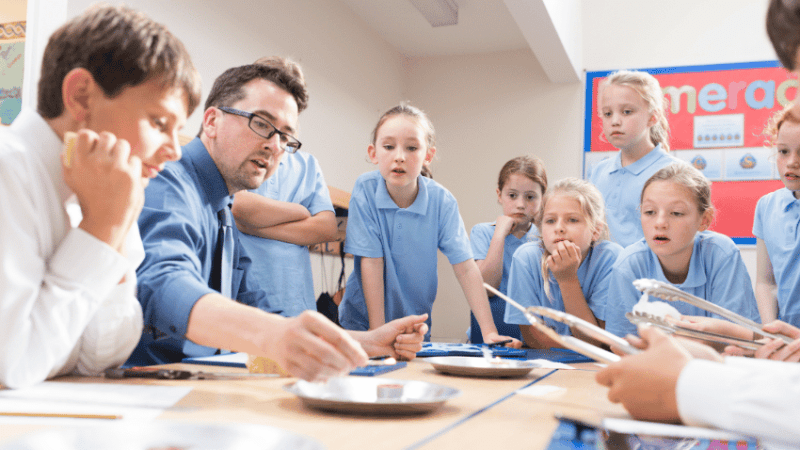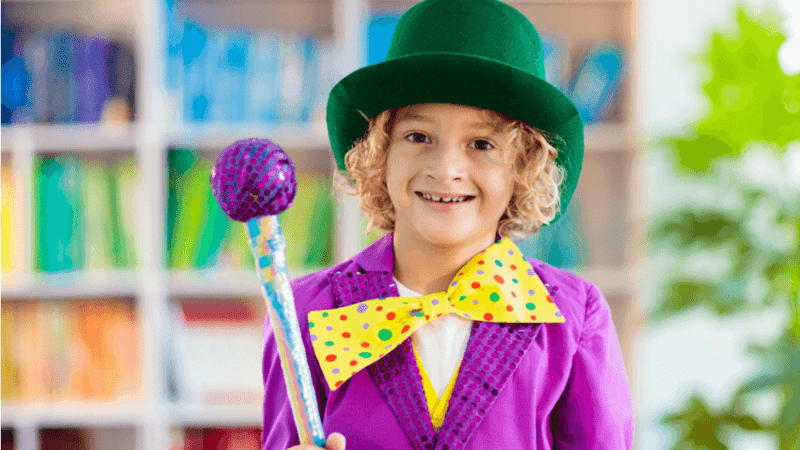Why the arts are essential – from a science teacher
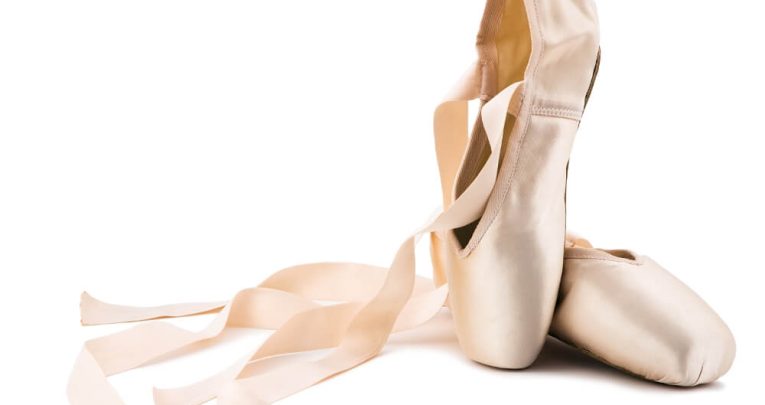
Stephen Beck wasn’t expecting his dance cover lesson to go well, but he left it having learnt some profound lessons…
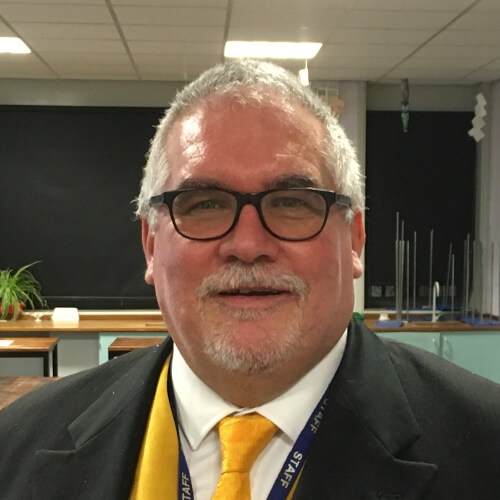
- by Stephen Beck
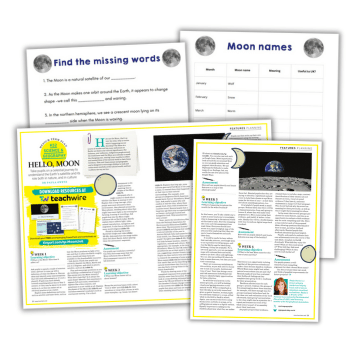
It was the end of morning break, with a free. I was planning a Year 11 AfL lesson and pondering my upcoming appraisal, when a call came from our deputy head, who gleefully invited me to cover some Year 8 dance.
Well, I say ‘invite’ – I’m not sure that refusing was an option! My 59-year-old, 20-stone worth of composure, poise and articulation had to have been the reason I was chosen.
I felt some trepidation. Could I remember how to waltz? What about my Grand Jeté En Tourant? Would the kids be insured if I squashed a few?
Venturing down the dance corridor, having visited only once in six years, I chatted to colleagues I rarely see, was directed to the dance studio and found the students waiting there – ready, keen and already changed into their dance kit.
Horror – it was a practical lesson!
My imagination conjured images of Disney-esque dancing hippos, as I realised that I may need to demonstrate. I had no lesson plan, but surely the PowerPoint I’d just been given would be my ‘theory’ salvation?
No such chance – it was just a starter, so it was down to my ‘juice’. I knew many of the class from science, so I promised to teach them a ‘proper’ lesson if they did their best not to laugh at me if I fell over.
They agreed politely, enthusiastically and with empathy. Or was it pity?
The appliance of science
To start, then… “What is a dance?” I focused on the key word ‘dynamics’, and then proceeded to structure a symphony of science and performing arts.
Laws of Motion, turning forces, scalars and vectors. I had somehow morphed into a creature capable of teaching multiple subjects equitably to the whole person.
Perhaps it helped knowing that a senior colleague was in the nearby dance office in case I dislocated a hip or they witnessed me making a fool of myself.
In any case, I confidently continued.
Next up, “What actions convey meaning?” Again, I reached for physics.
Emotion can be created through motion, cadence (wave frequency) and dimensions of space and time. I performed gestures, demonstrated dance space (‘Nobody puts Baby in a corner’) and balance (not bad for an old bloke who’s proud if he gets his pants on without falling over).
There was more. Students in performance triplets putting everything I’d told them into two brief dances conveying ‘Machinery’ and ‘Velvet’. I could survey a vista of talent from students I’d only ever seen seated. I was in awe.
These Year 8 students exhibited joy and stability, seemingly freed from the tensions I’d witnessed when they told me they ‘Can’t do science ‘cos it’s too hard’. They teamed up, supported each other, tried out fresh ideas and were considerate.
I saw improved social relationships, cultivation of collaboration, respect and compassion.
They were working hard and being kind, and I loved it.
Transferable positives
The golden moment for me was getting a renewed sense that education isn’t just about core subjects, targets and data. I was reminded that performing arts and PE have important benefits for students’ social relationships.
Vital skills and qualities that we need to succeed as adults are being developed in these lessons, but none of it’s marked.
It’s not about encouraging students to become professional dancers or actors, but rather promoting the kind of personal qualities that employers recognise as being essential in a collaborative, adaptable workforce.
I covered a class of keen to please, cooperative young people who were willing to explore their skills and express themselves through an artform.
My reward was the recognition that we shouldn’t teach mathematics to create mathematicians. We shouldn’t teach reading and writing to create the next generation of novelists. I shouldn’t be teaching science to produce new scientists.
It’s helped me to remember that we teach to create well-rounded citizens who can apply the skills, knowledge and experience learnt from the arts into their core subjects, academic options, future careers and later lives.
Not bad for a cover lesson!
Stephen Beck is a teacher of science, and was recently accredited by the UN as a Teacher of Climate Change.





